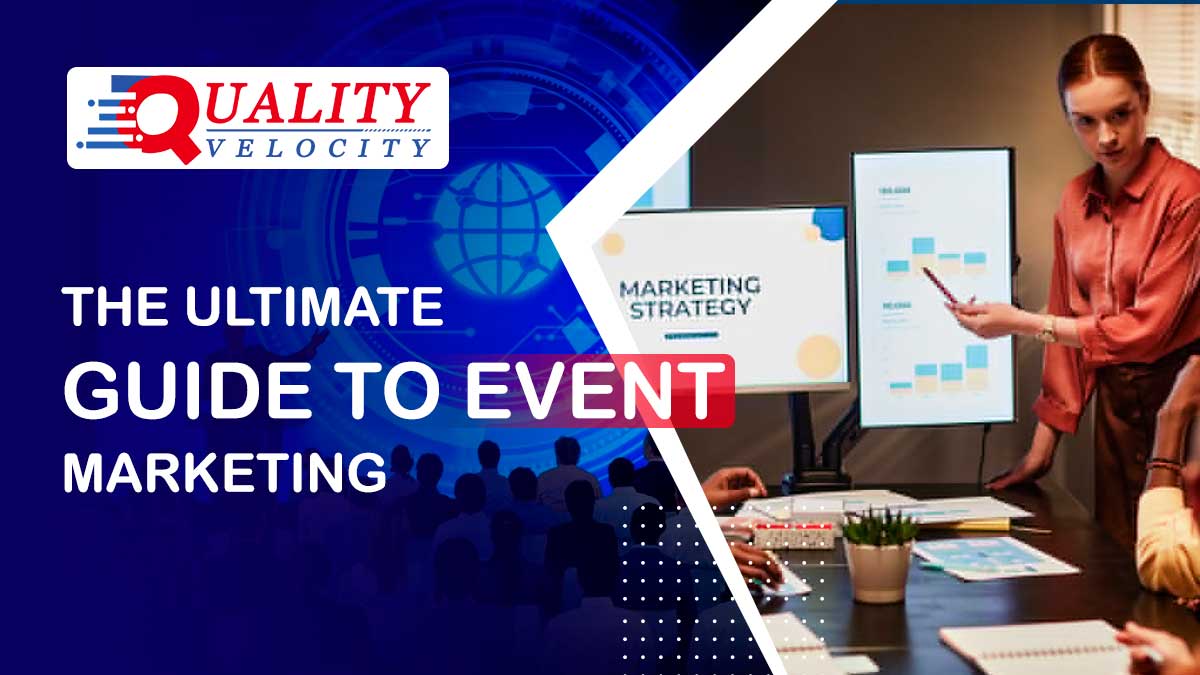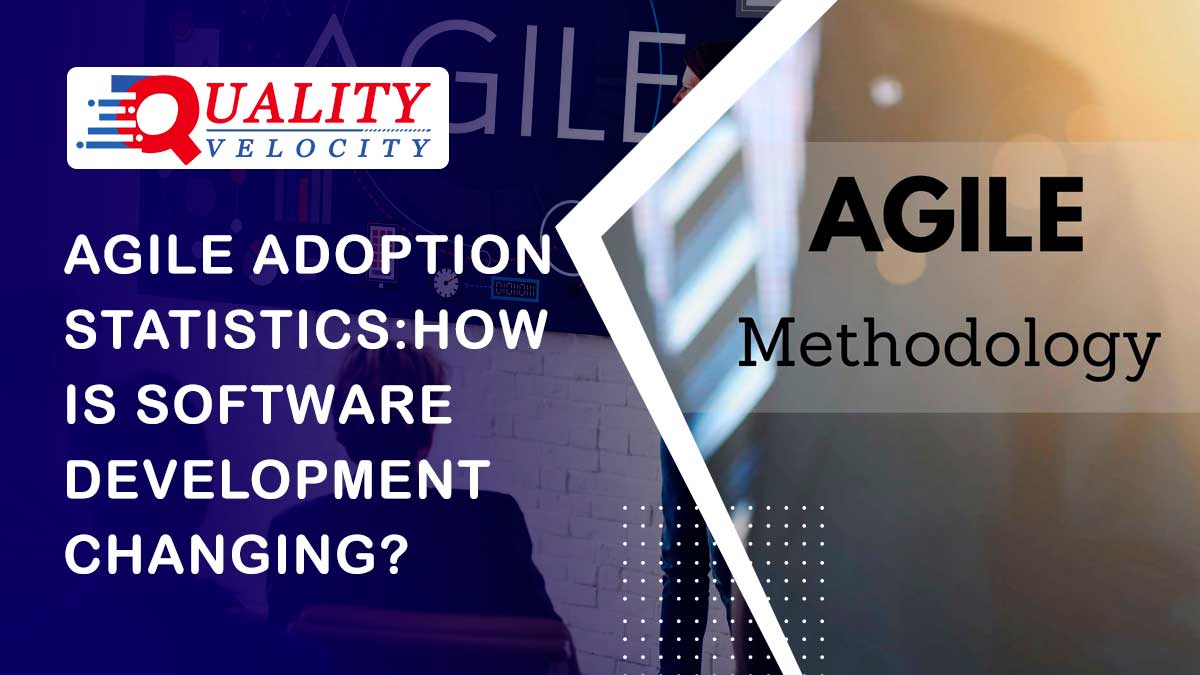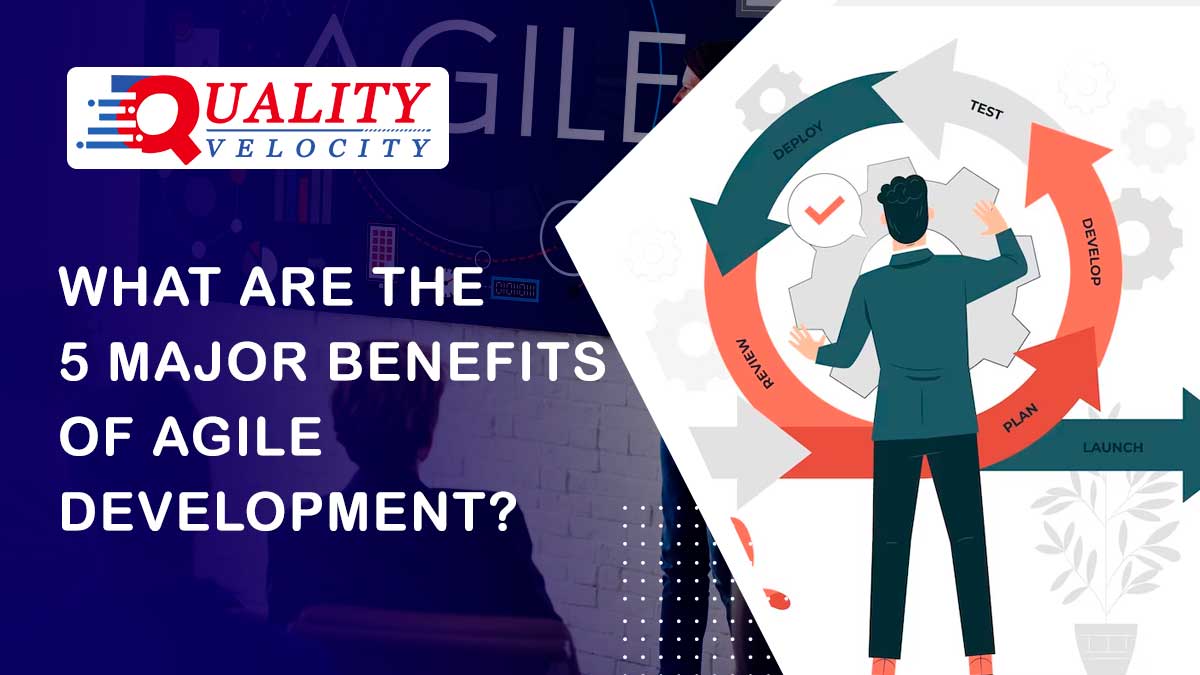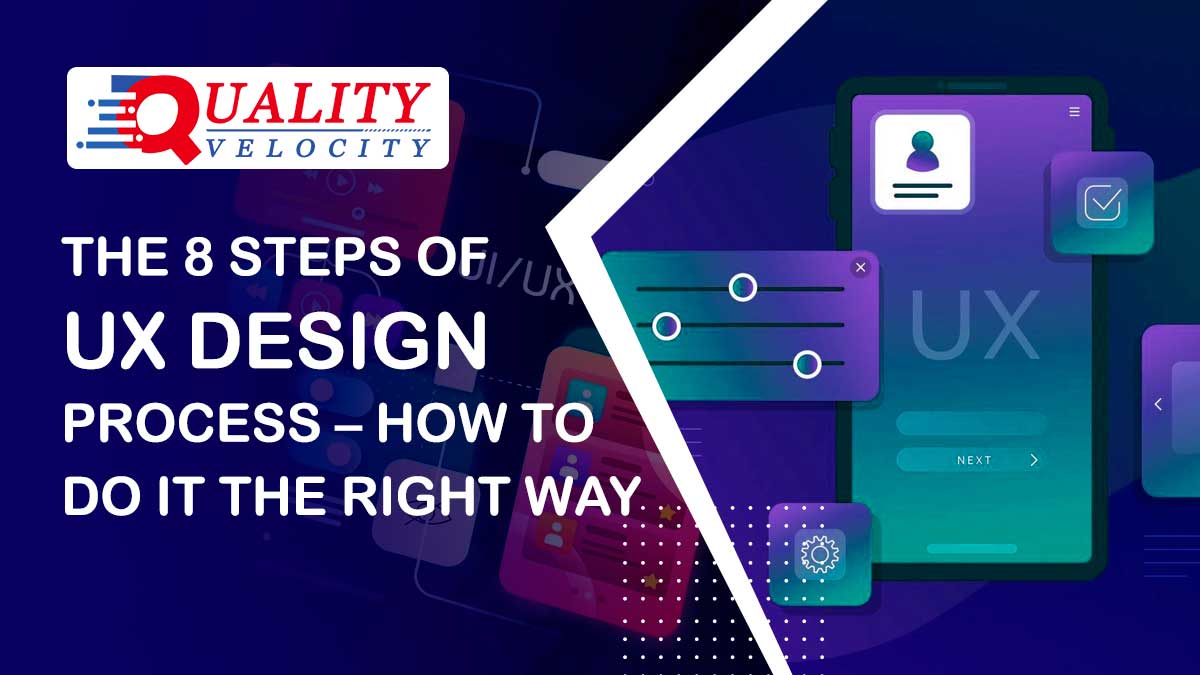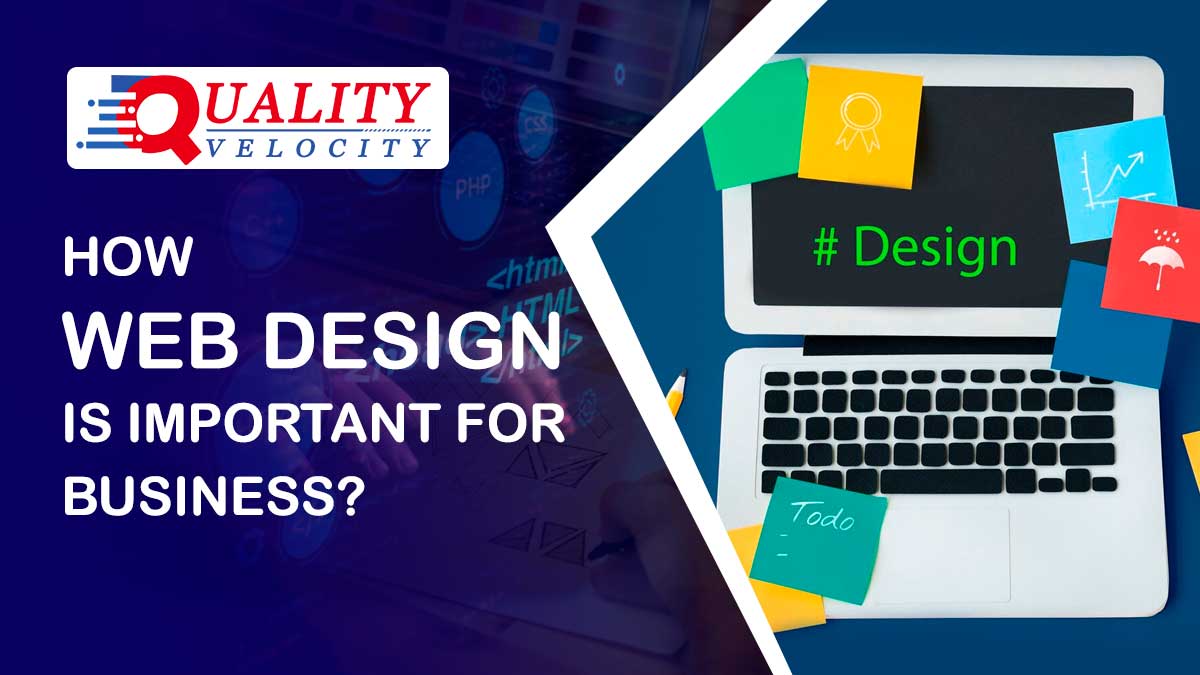We can all agree that everyone enjoys a good get-together. People are social beings. Even for little moments, we enjoy getting together, having parties, socialising, and getting to know new people. Organising events focused on your company is an excellent method to add a social element to your enterprise and simultaneously advertise your goods and services.
There's more to event marketing than just selling things or giving away prizes. Planning and event management are no small feats, but with the right strategy and tools, any event you plan is sure to go off without a hitch.
As you begin to think about how to successfully plan, market, and execute your events, take some time to think about the events you’ve attended for other companies and organizations. Consider what kinds of events most interest you. Consider a positive experience you had from an event you attended. Consider instances where you enthusiastically recommended a business to your friends and relatives.
Event marketing is a powerful strategy for promoting products, services, or brands and engaging with a target audience in a meaningful way. It involves organizing and promoting events to create memorable experiences that leave a lasting impact on attendees. To help you create successful event marketing campaigns, here's an ultimate guide with key steps and considerations:
Set Clear Objectives: Establish your objectives for the event first. Which objectives are you trying to achieve? Lead generation, brand awareness, sales, or client loyalty? Clear objectives will guide your planning and help measure the event's success.
Identify Your Target Audience: Determine the specific audience you want to reach with your event. Consider demographics, interests, behaviors, and any existing customer segments you want to engage. This knowledge will shape your event content, messaging, and promotional efforts.
Choose the Right Event Type: Select an event format that aligns with your objectives and audience preferences. Options include conferences, seminars, workshops, trade shows, product launches, networking events, or experiential marketing activations.
Plan the Event Logistics: Create a detailed plan that includes the event date, location, venue selection, budget, event schedule, and any necessary permits or licenses. Consider factors like capacity, accessibility, audiovisual requirements, and catering to ensure a smooth and enjoyable experience for attendees.
Develop Compelling Event Content: Craft engaging content that delivers value to attendees. This may include keynote speeches, educational sessions, interactive workshops, panel discussions, live demonstrations, or entertainment. Tailor the content to your target audience's interests and pain points.
Leverage Event Branding: Create a consistent and visually appealing event brand that aligns with your overall brand identity. Develop a compelling event logo, tagline, color scheme, and visuals that resonate with your target audience. Use these elements across promotional materials, signage, and digital assets.
Implement a Multi-Channel Promotion Strategy: Leverage various marketing channels to raise awareness and attract attendees. Use email marketing, social media, content marketing, paid advertising, influencer partnerships, and PR efforts to reach your target audience. Create a dedicated event landing page or website to provide event details and facilitate registration.
Drive Attendee Engagement: Encourage attendee participation before, during, and after the event. Offer interactive activities, networking opportunities, contests, and gamification elements. Leverage event-specific hashtags and social media engagement to foster conversation and create buzz.
Provide Exceptional On-Site Experiences: Ensure your event runs smoothly by having a well-trained event staff, clear signage, and efficient registration processes. Incorporate experiential elements, such as photo booths, virtual reality experiences, or interactive displays, to create memorable moments for attendees.
Capture and Nurture Leads: Implement lead capture mechanisms during the event, such as badge scanning or interactive kiosks, to collect attendee information. Follow up with personalized post-event communications to nurture leads and drive conversions.
Measure and Evaluate: Define key performance indicators (KPIs) aligned with your objectives and track them throughout the event. Analyze metrics like attendance, lead generation, social media engagement, sales conversions, or customer feedback. Use these insights to refine your future event marketing strategies.
Foster Post-Event Engagement: Maintain post-event engagement with attendees through follow-up emails, surveys, social media interactions, or exclusive post-event content. This helps to sustain the connection and turn attendees into loyal customers or brand advocates.
Remember that successful event marketing requires creativity, meticulous planning, and a deep understanding of your target audience. By following these steps and continuously learning from each event, you can create impactful experiences that drive business results and build strong relationships with your audience.

